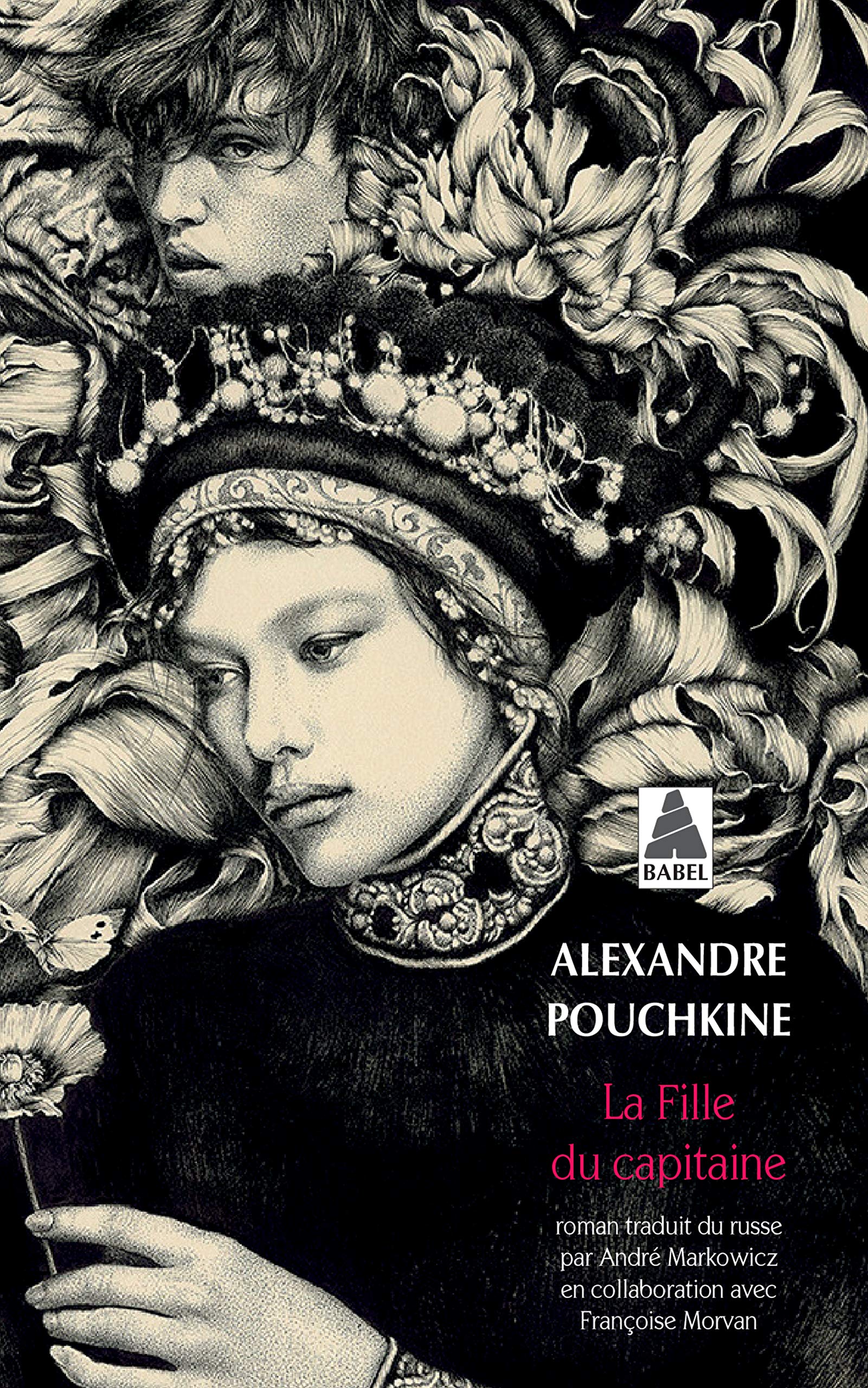
Authors
Alternative spelling profile for Marina Tsvetaeva Nacida en Moscú (1892) su destino está inextricablemente unido a la historia contemporánea de Europa, marcada por dos guerras mundiales y el advenimiento de dos regímenes totalitarios. Casada muy joven con Serguéi Efrón, queda sola en Moscú, con dos niñas pequeñas—Irina, la menor, morirá de inanición durante la gran hambruna del invierno de 1919-1920—, cuando su marido marcha como voluntario del Ejército Blanco. En 1922 deja Rusia y, previo paso por Berlín, va a Praga donde se reencuentra con su marido. En Bohemia, Marina pasa uno de los períodos más felices y cruciales de su vida, intensifica su producción poética y su correspondencia; vive, además, una relación amorosa con Konstantín Rodzévich, que dio lugar a numerosos poemas, entre ellos el que sin duda es una de sus obras mayores, Poema del fin. En 1925, la familia se trasladó a París, donde Marina continuó con su actividad literaria. En 1938, y tras un período de angustiosas dudas—teme por el destino de los suyos y por el suyo propio, por el futuro de su hijo Mur y por las condiciones de vida que le esperan—vuelve con su hijo menor a Rusia, donde se encuentran su marido y su hija, Alia, colaboradores del gobierno soviético. Al cabo de dos meses, sin embargo, Serguéi Efrón es arrestado y Alia enviada a los campos. El Estado le prohíbe entonces publicar. El círculo parece cerrarse y la vida se convierte en un callejón sin salida. En 1941, Marina y su hijo son evacuados junto con un grupo de escritores a un remoto pueblo tártaro, donde, presa de la desesperación y la tristeza, se suicidó poco después.

Works of Russian writer Aleksandr Sergeyevich Pushkin include the verse novel Eugene Onegin (1831), the play Boris Godunov (1831), and many narrative and lyrical poems and short stories. See also: Russian: Александр Сергеевич Пушкин French: Alexandre Pouchkine Norwegian: Aleksander Pusjkin Spanish:Aleksandr Pushkin People consider this author the greatest poet and the founder of modern literature. Pushkin pioneered the use of vernacular speech in his poems, creating a style of storytelling—mixing drama, romance, and satire—associated ever with greatly influential later literature. Pushkin published his first poem at the age of 15 years in 1814, and the literary establishment widely recognized him before the time of his graduation from the imperial lyceum in Tsarskoe Selo. Social reform gradually committed Pushkin, who emerged as a spokesman for literary radicals and in the early 1820s clashed with the government, which sent him into exile in southern Russia. Under the strict surveillance of government censors and unable to travel or publish at will, he wrote his most famous drama but ably published it not until years later. People published his verse serially from 1825 to 1832. Pushkin and his wife Natalya Goncharova, whom he married in 1831, later became regulars of court society. In 1837, while falling into ever greater debt amidst rumors that his wife started conducting a scandalous affair, Pushkin challenged her alleged lover, Georges d'Anthès, to a duel. Pushkin was mortally wounded and died two days later. Because of his liberal political views and influence on generations of Russian rebels, Pushkin was portrayed by Bolsheviks as an opponent to bourgeois literature and culture and a predecessor of Soviet literature and poetry. Tsarskoe Selo was renamed after him.